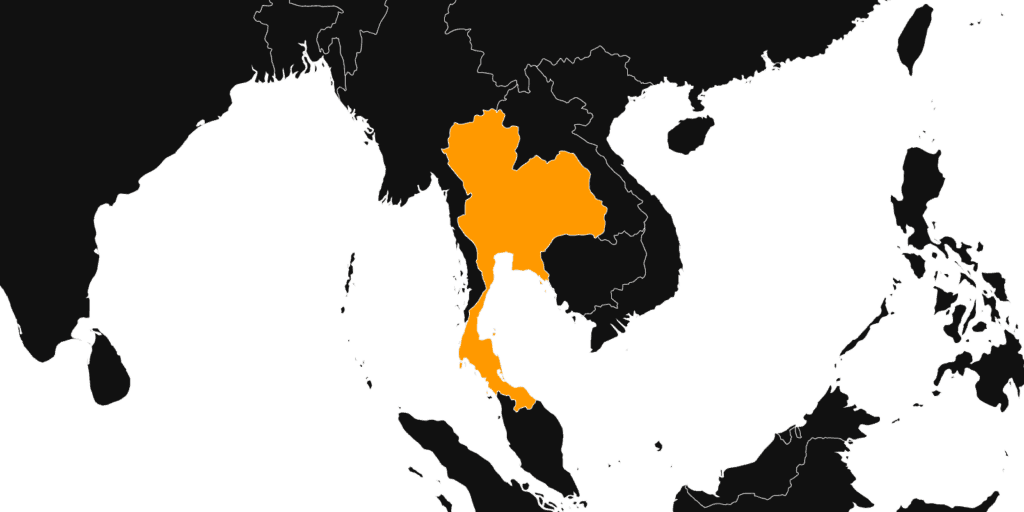
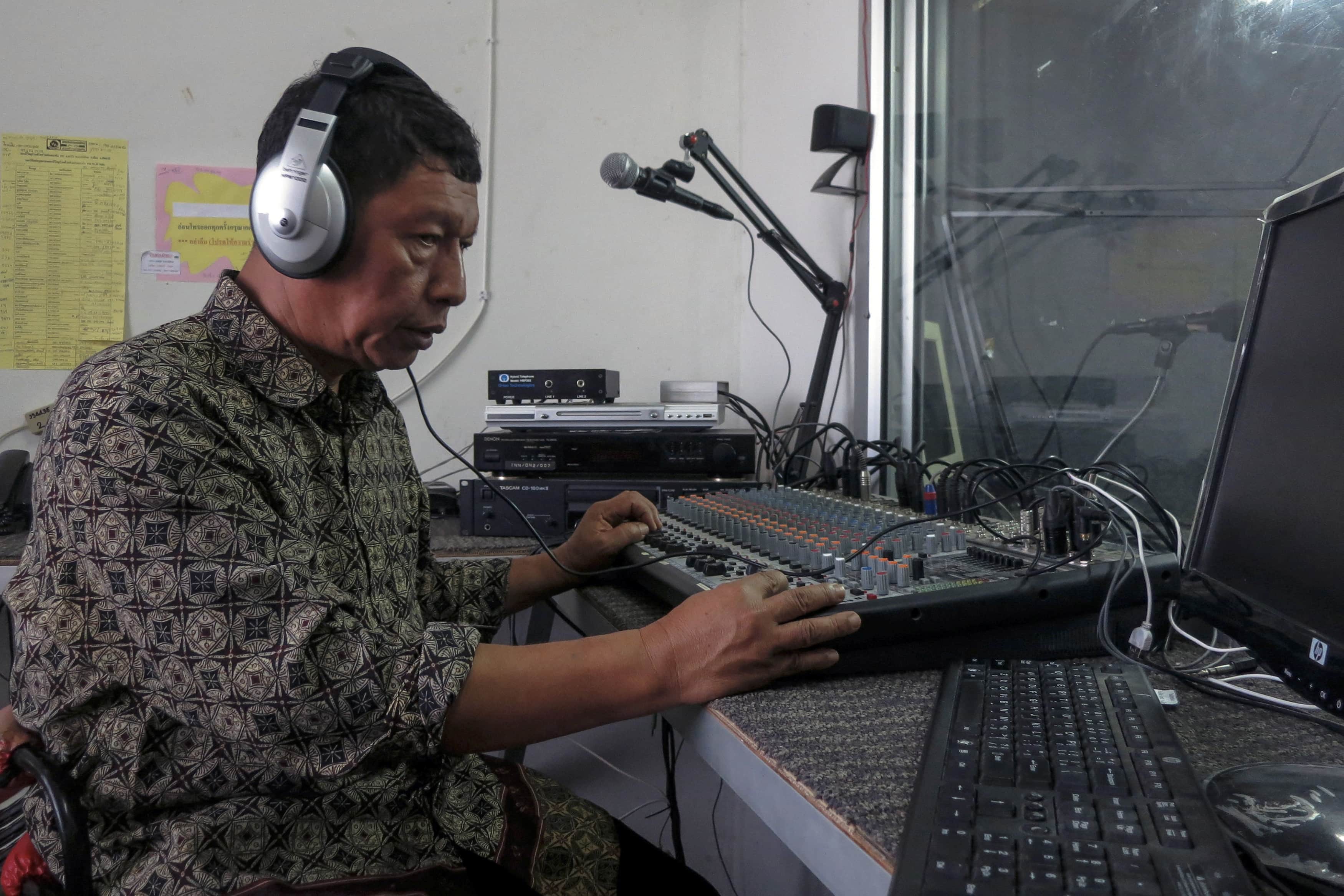
AMARC concerned for community radios in Thailand
The President of AMARC Asia-Pacific has called upon the Thai junta to take into account the invaluable contributions that community radios can offer towards inclusive dialogue and peace-building.

Thailand’s junta flexes its muscles online
As part of its seizure of the apparatus of government, Thailand has also taken steps to extend its control over the country’s Internet users.

Free media a necessity for reconciliation in Thailand, says press alliance
It is crucial that civil liberties – including freedom of opinion and speech, media freedom and access to information – be restored quickly in Thailand, SEAPA urges. In the interim constitution, freedom of expression guarantees and protections must not be weakened.

Concern mounts for safety of writers in Thailand
Six weeks after the murder of prominent ‘red-shirt’ poet Mainueng K. Kunthee, freedom of expression is severely suppressed and a climate of fear prevails. It is thought that the poet may have been targeted for his political activism amidst the escalating political violence in the country at the time.
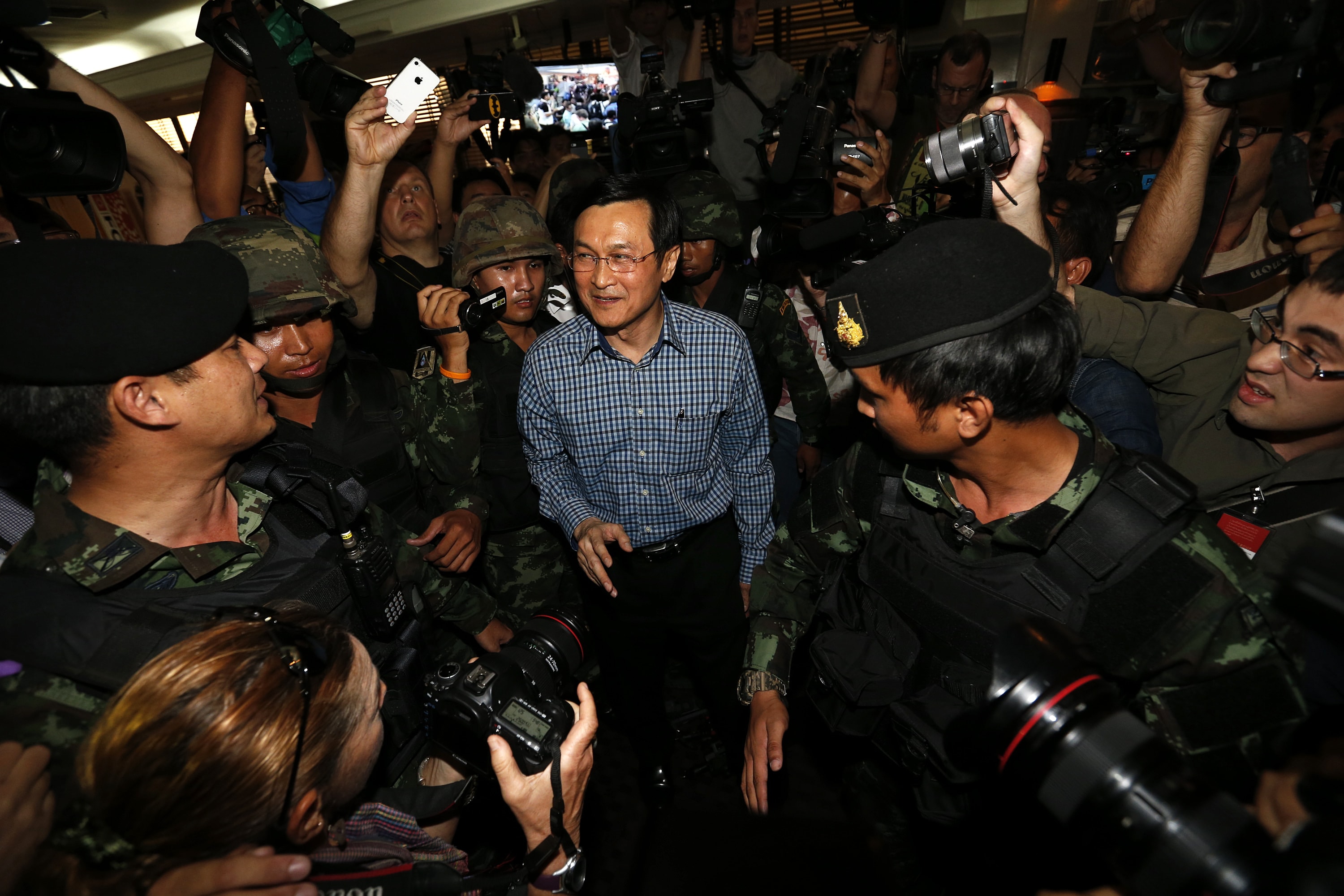
Thailand urged to halt military trials, end arbitrary arrests
The Thai military should end its arrests of individuals engaged in peaceful protest or criticism of the 22 May military coup or the imposition of martial law, Human Rights Watch said.
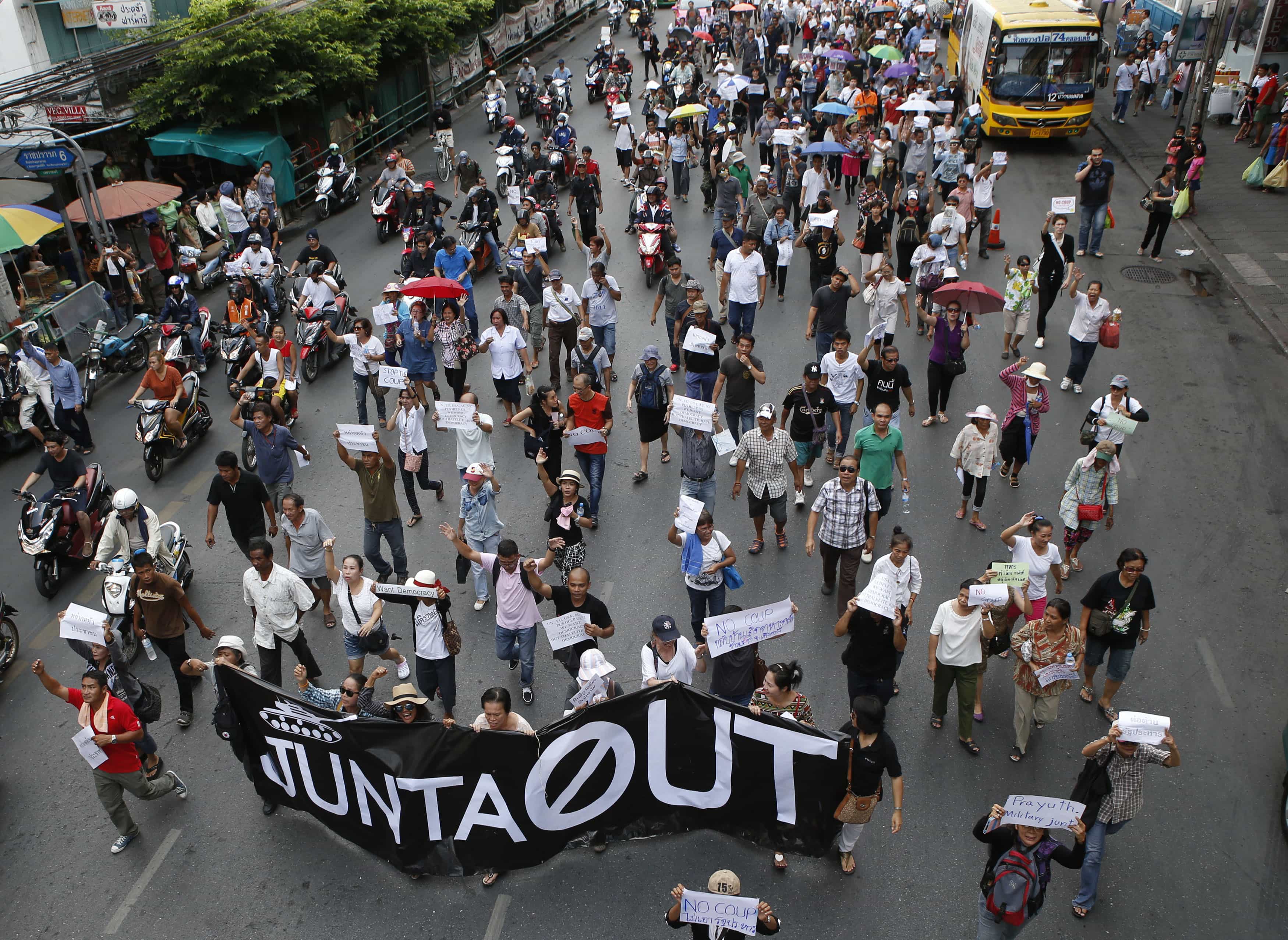
Outright suppression of press freedom in post-coup Thailand
Since martial law was declared in Thailand, about 100 web pages have been blocked, 15 satellite and cable television and an undetermined number of community radio stations were closed for being deemed by the army as propagating political partisanship.

Global press network condemns censorship amid Thai military coup
All independent television and radio broadcasts in Thailand, including transmissions from foreign stations such as the BBC, Fox and CNN, have been suspended since the military coup, replaced by a military-run TV and radio broadcast that has been playing throughout the country.
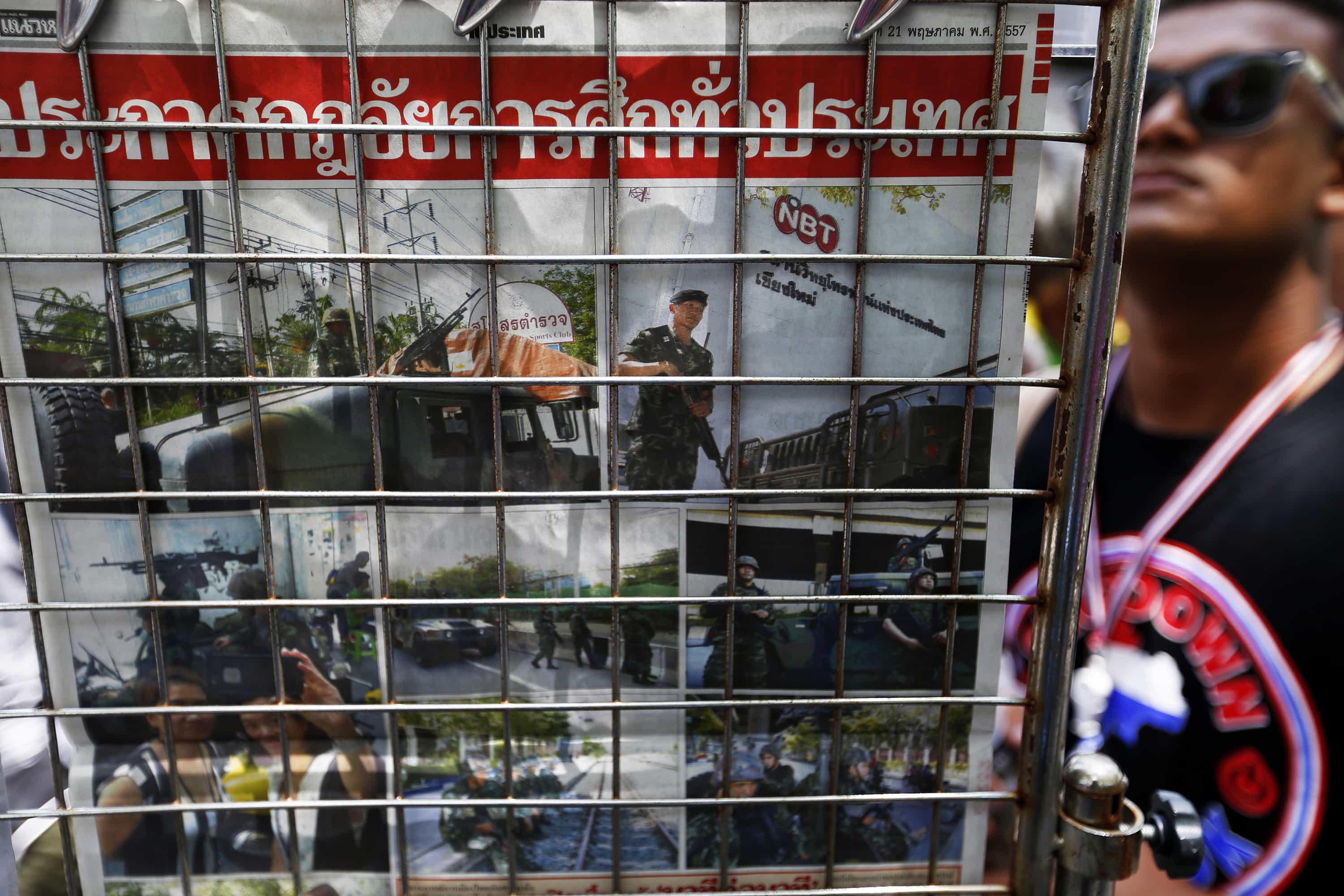
Why is martial law imposed mainly on the media in Thailand?
Shutting down media channels and banning critical commentary on the political situation in Thailand is misdirected and an overreaction, SEAPA warns.
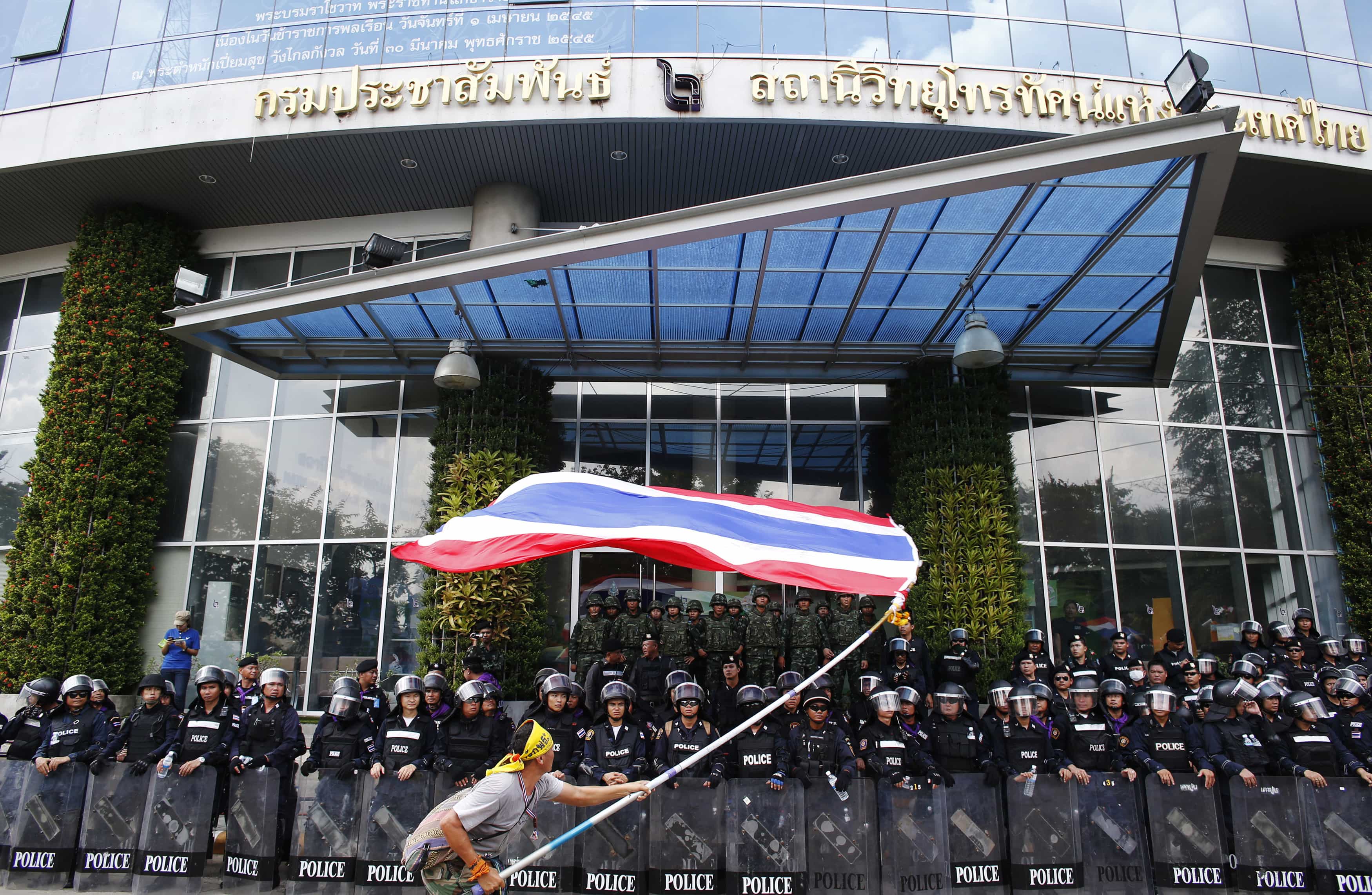
Thai TV stations face intimidation from both state and anti-government forces
On 9 May, anti-government protesters besieged five state-owned free-television channels in a bid to force them to stop presenting news about the government.
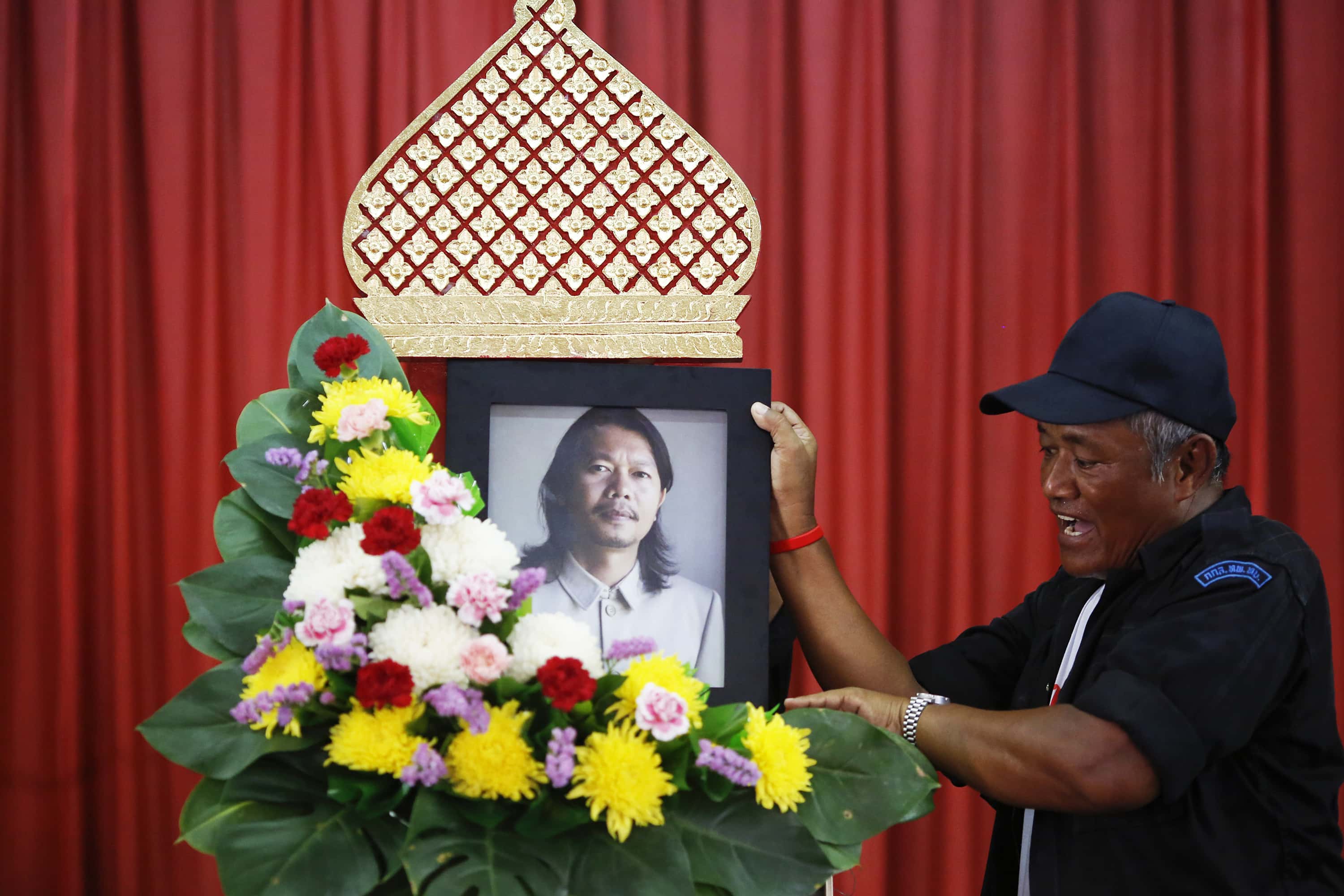
Prominent poet and “Red Shirt” activist murdered in Thailand
The Thai authorities are urged to immediately investigate the murder of a prominent poet and “Red Shirt” political activist widely known for his opposition to Thailand’s law banning criticism of the monarchy.

Journalists face criminal defamation charges in Thailand over story on Burmese refugees
The criminal defamation charges brought against journalists Alan Morison and Chutima Sidasathian aim ultimately to curb further reporting on the Thai military’s alleged involvement in gross human rights abuses, said CPJ.

Imprisonment of journalists may spell doom for online news site in Thailand
Two journalists in Thailand’s Phuket province will be formally charged on 10 March 2014 for criminal defamation and violating the Computer Crime Act (CCA) in connection with an online news article about Rohingya Muslim refugees.
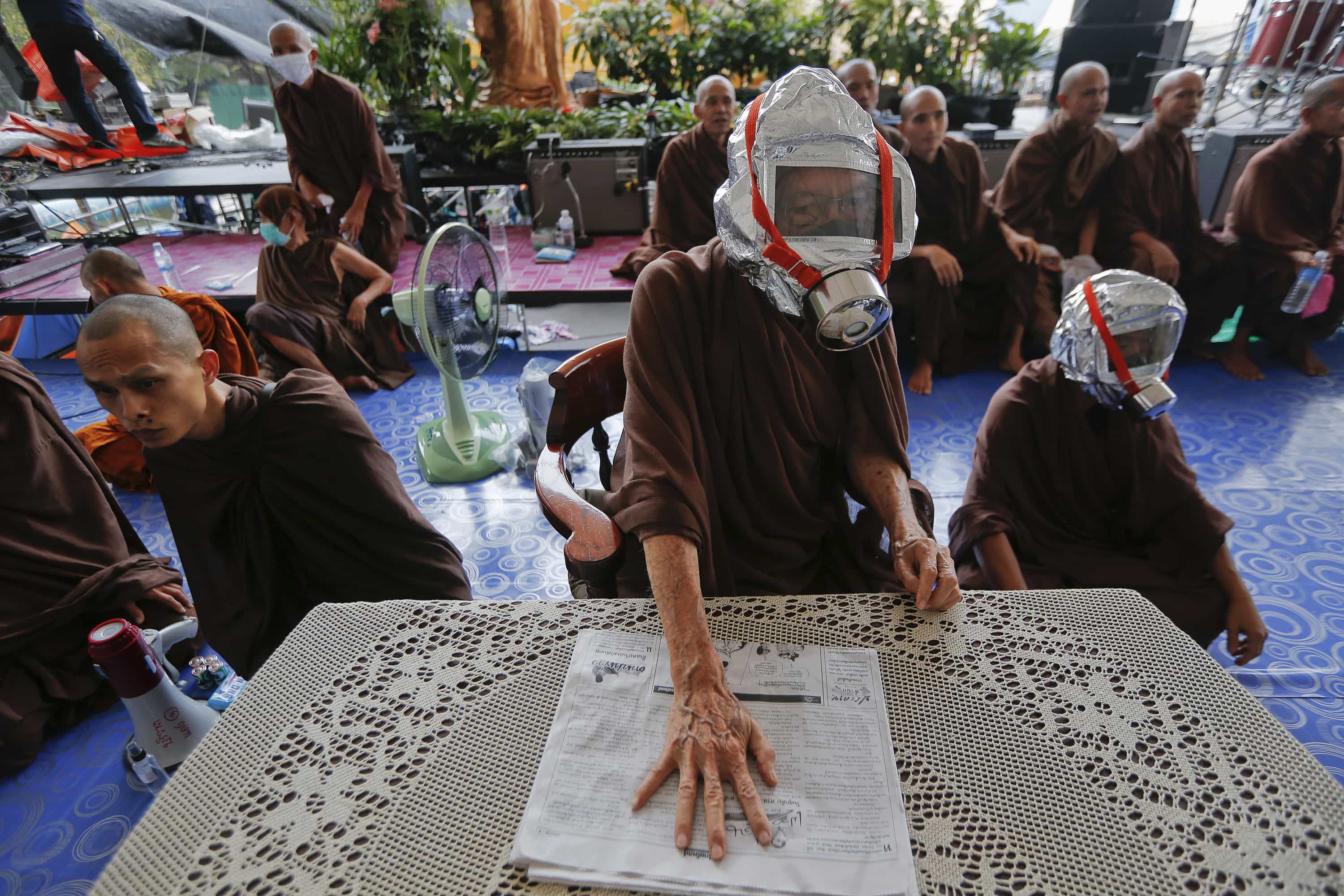
Five journalists injured in Thailand bombings
The IFJ has reaffirmed its stance on the need for security of journalists working in Thailand to be assured after five journalists were injured in two separate incidents as protesters clashed with police.

Two journalists injured in clashes on eve of Thai elections
Two journalists, a Thai and an American, were injured while covering clashes between government supporters and opponents in the Bangkok suburb of Laksi on the eve of the general elections.
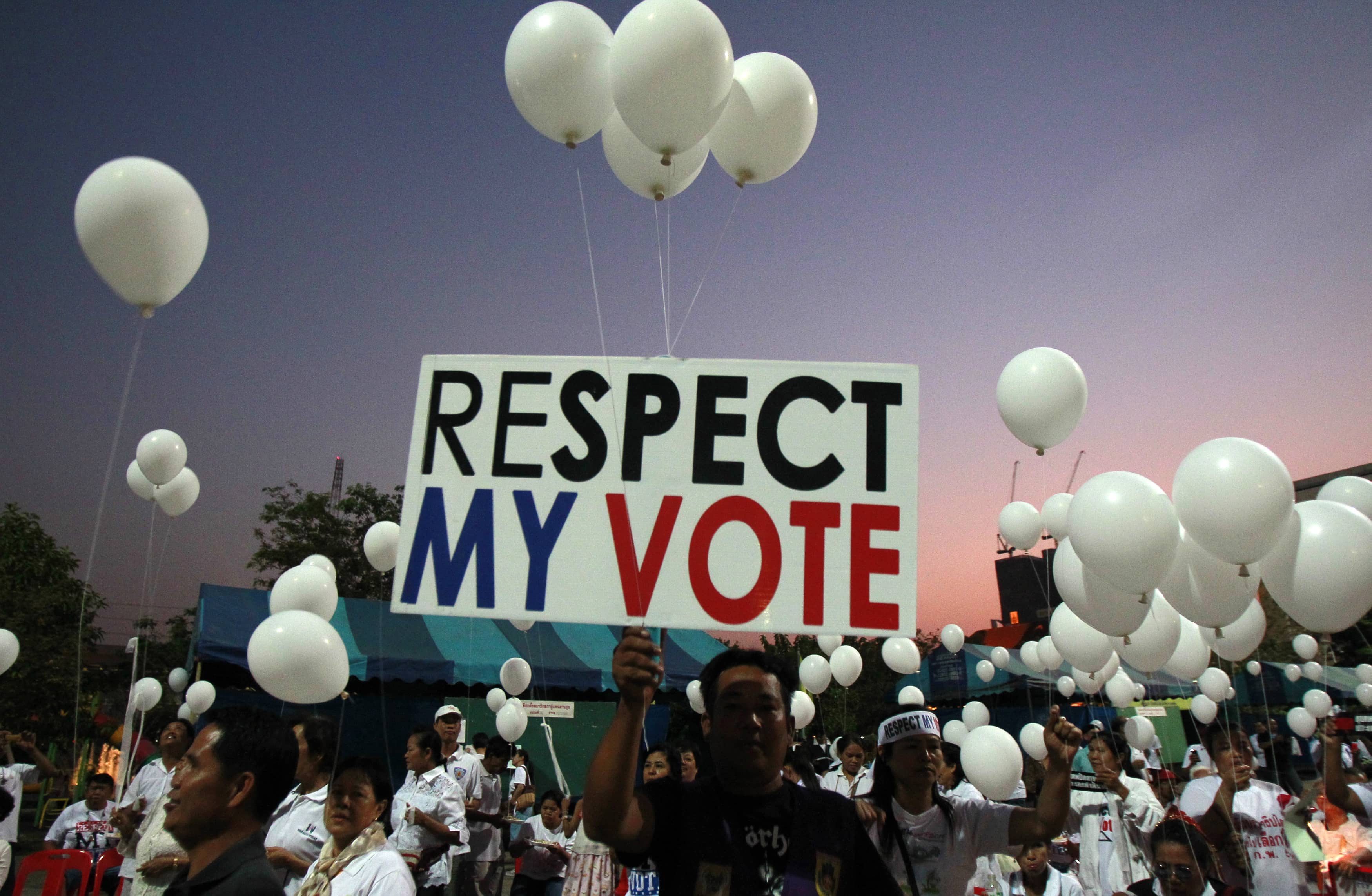
Let election day in Thailand be the starting point of dialogue, not violence, says SEAPA
Thailand’s upcoming landmark election presents a rare opportunity to listen to what the people have to say in this protracted political crisis, says SEAPA.
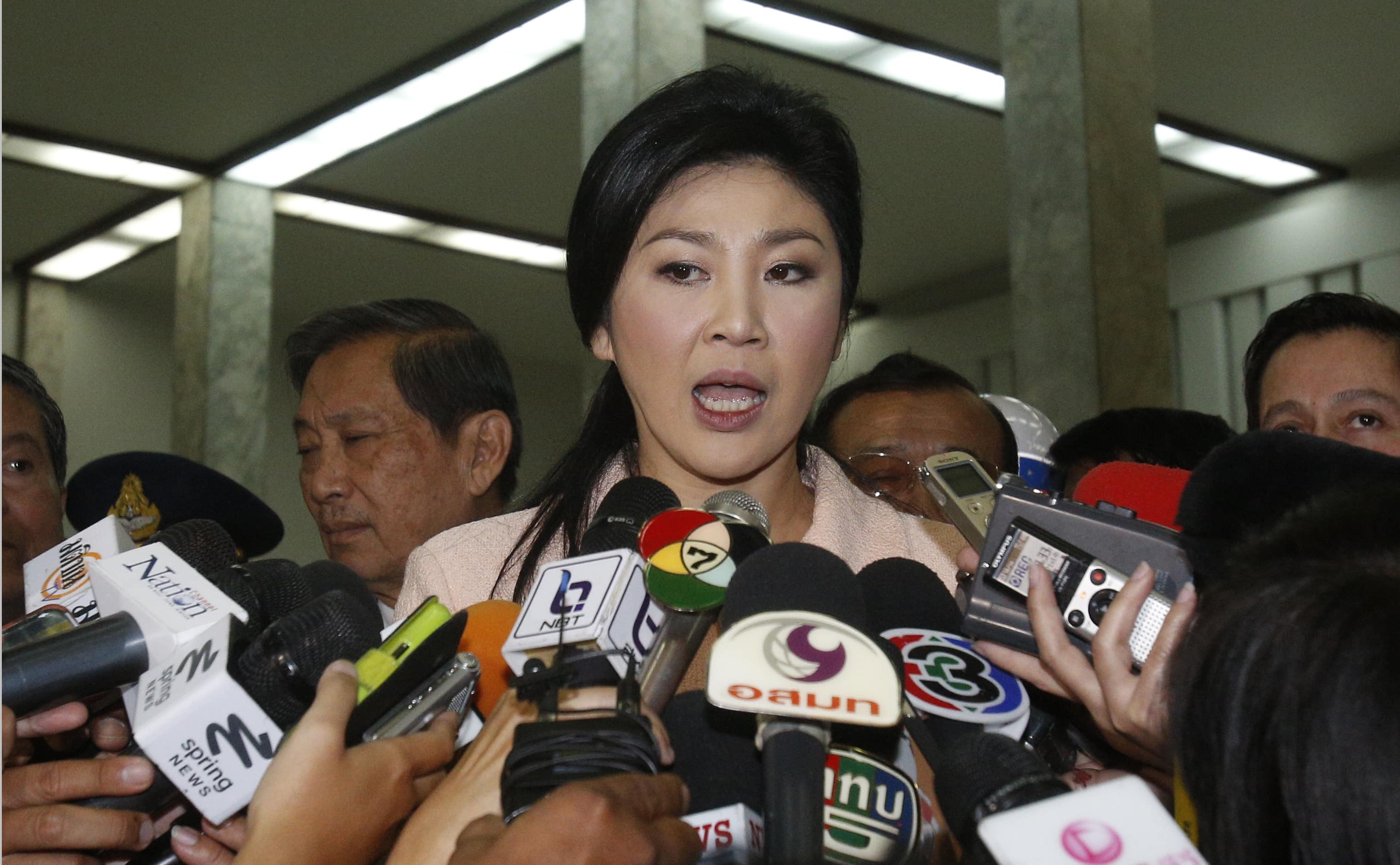
Journalists, news outlets in the line of fire as state of emergency imposed in Thailand
The state of emergency imposed on 21 January 2014 by Thai Prime Minister Yingluck Shinwatra threatens to curb media coverage of recent anti-government protests in the national capital.